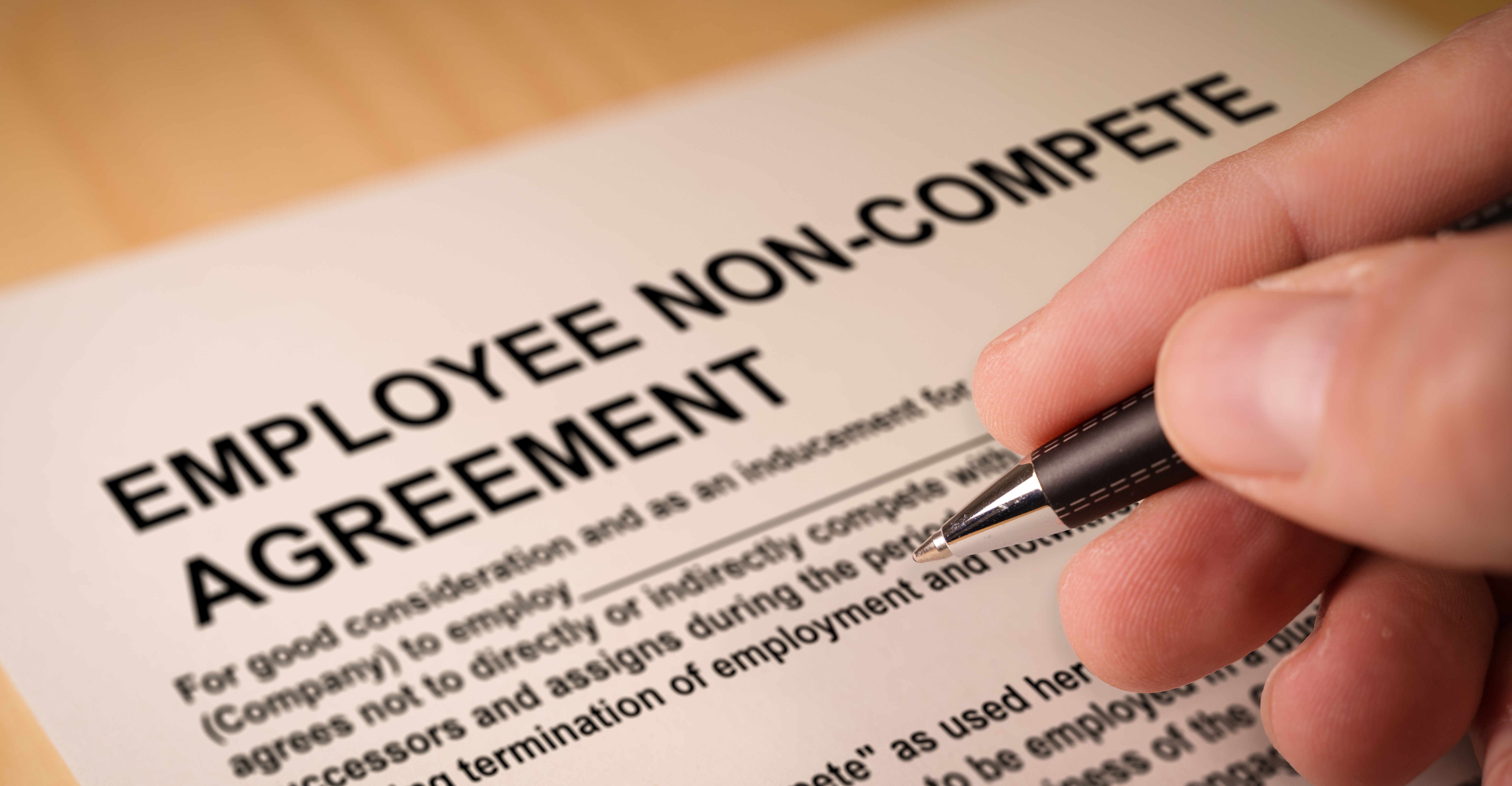On Monday, February 22, 2021, President Biden announced his administration, in conjunction with the Small Business Administration (“SBA”), would temporarily restrict access to the federal Paycheck Protection Program (“PPP”) for 14 days, during which time only companies with fewer than 20 employees will be eligible to apply for and receive PPP loans. The new two-week freeze will begin on Wednesday, February 24, and run through March 9.
The President was likely persuaded to act by two
factors: (1) the overall demand for PPP loans has
been waning, especially over the past six weeks
as COVID-19 cases continue a steady decline
and many areas of the country have significantly
reopened their economies, and (2) during the
first round of PPP loans last spring and summer,
many of the nation’s small companies and sole-proprietors were unable to timely secure PPP
loans and were forced to rely on other sources
of funding to stay afloat, including dipping into
their own savings or existing credit lines. To the
latter point, this two-week period of exclusive
access for small companies may remove some of
the barriers to obtaining a PPP loan and ensure their applications are timely processed and loan
funds rapidly deployed.
Additionally, the SBA will soon announce new
rules to determine the size of PPP loans to
businesses without employees—i.e., sole proprietors, independent contractors, and the self-employed. Under the existing PPP rules, the
maximum loan amount to these businesses was
determined in relation to net taxable income. As
a result, businesses who took advantage of tax
deductions to minimize or even eliminate their
taxable income were ineligible for PPP loans or
received only nominal amounts.
If You Would Like To Reach Out To Us, Fill Out The Form Below
While details have not been released, the SBA’s new formula will tie the PPP loan to the gross income of the business, prior to taking deductions.
The SBA is also set to announce new guidance regarding PPP eligibility for applicants who are
undocumented immigrants, have a criminal history, or are delinquent in their student loan obligations. We will provide further relevant updates as they become available.
This advisory is for information purposes only, and does not constitute legal advice. If you would like to discuss the impact of the Paycheck Protection Program on you or your business, please contact Joe
Laferrera, Aaron Kriss, or Sean Gilligan at (617) 350-6800, or email them at joe.laferrera@gesmer.com, aaron.kriss@gesmer.com, or sean.gilligan@gesmer.com.
Meet The Authors
Check Out Our Latest Publications
- Client Update: US Corporate Transparency Act Reports Due By Year-End

- Are Statutory Changes Coming to the Common Law Experimental Use Exception to Patent Infringement?

- Client Success Stories – GrowthLab Financial Services

- Foundational Financing Puzzle Pieces

- UPDATE: President Biden to Temporarily Narrow Eligibility for PPP Loans

- Update to California Law Outlawing Noncompetes

